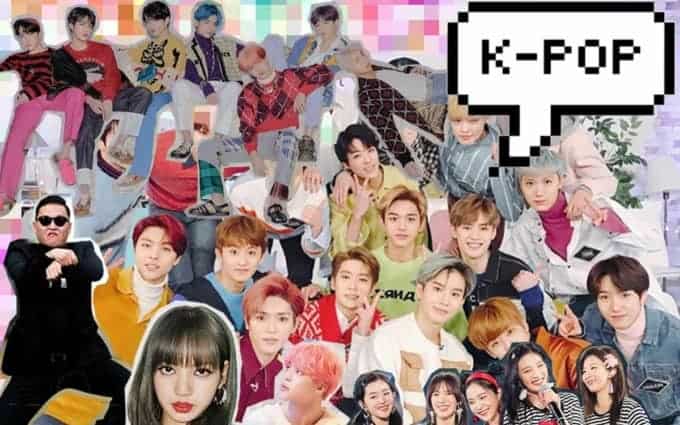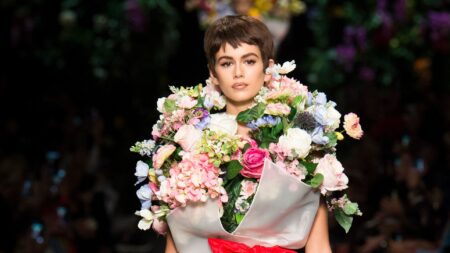In this article, we are going to take a deeper dive into the relationship between K-Pop and brands, be it fashion, lifestyle or food and travel, to ascertain the aspects of what makes brands want to collaborate with the new subculture that is gradually dominating the world with its music.
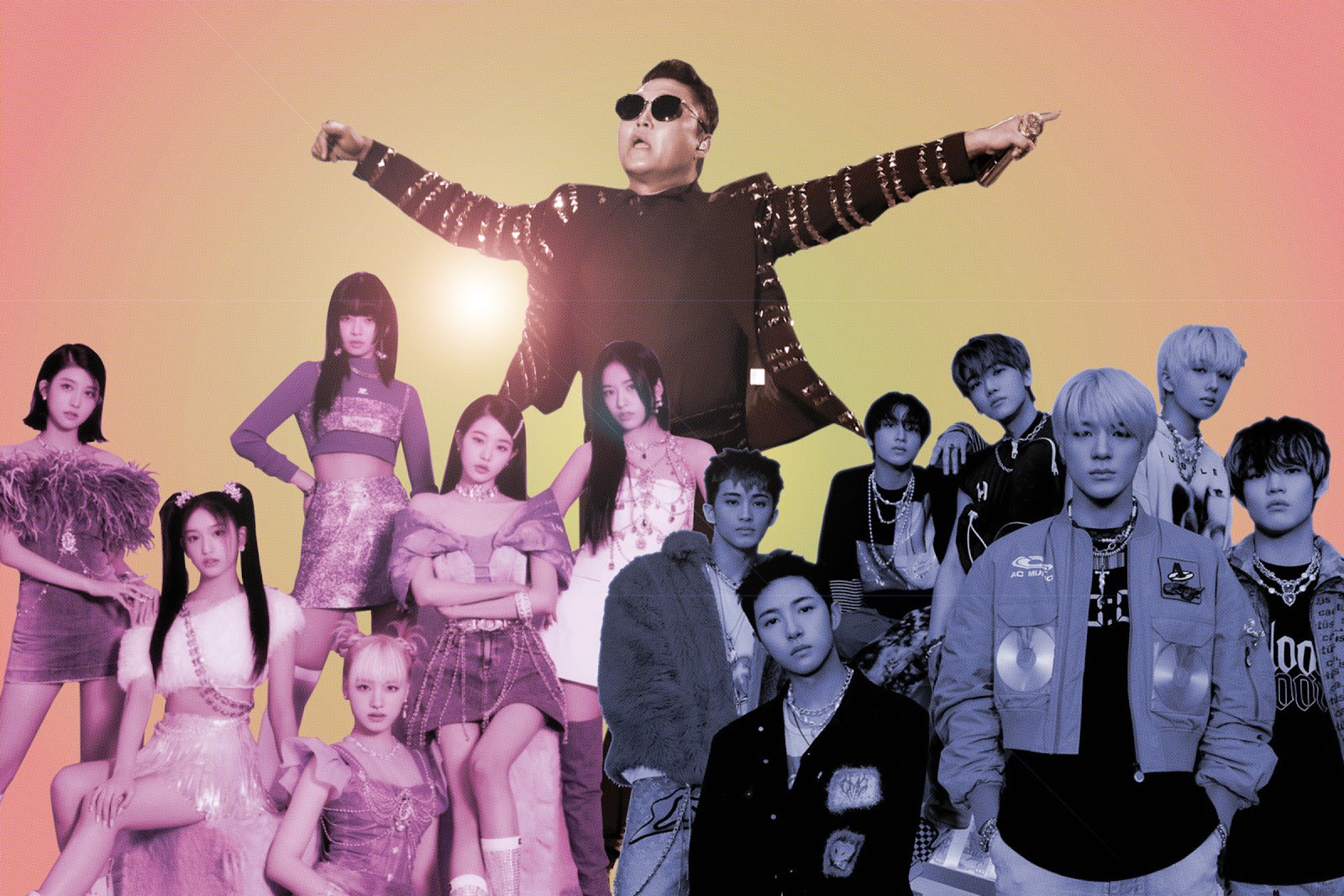
In This Era of Existence, K-Pop is the Moment
For the last couple of years, the K-Pop scene has witnessed immeasurable success and received appreciation from the general audience and other entertainment industries across the globe. K-Pop has done it. It has been able to secure a place in the world and is currently one of the trendiest topics in the entertainment business.
Wherever it goes, it leaves behind a footprint that has a lasting impact on various cultures and lifestyles around the world. From teenagers to middle-aged people, ‘grandmommy’ and ‘granddaddy’, reaching up all the way to influence even the White House and startle them with its undeniable creativity and flair, K-Pop is doing what no other entertainment industry is capable of achieving as of yet.
The sort of ‘soft power’ it holds is shiveringly beautiful. Having such an influence over mindsets, lifestyles, cultures and customs only open up doorways and new opportunities for K-Pop artists to flourish and improve while also leaving the industry rich and ever-expanding with new concepts and ideas to further promote and hasten business sales.
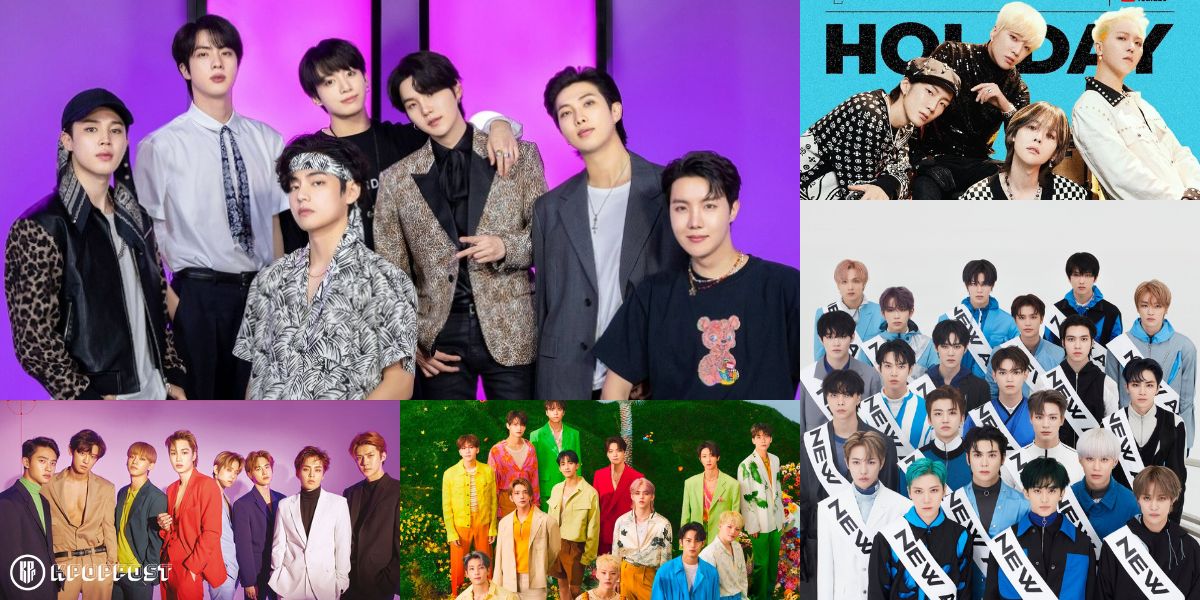
Considering the power and far-reaching influence K-Pop has around every corner of the world, it is only blatant that leading brands will come to them with an offer of collaboration.
The idea of endorsing a brand has existed since aeons ago right from the very starting era of entertainment and showbiz. What brands look for in an organization or a party, who is to endorse its products or message is the ability to cater to large-scale audience reach and that is something K-Pop is aligned with at the moment.
However, industry players opine that K-Pop is not just a trend but something that is in it for the long run. These industry experts foresee the latent power of the K-Pop entertainment industry and it is for this sole reason that they want to team up with them.
K-Pop megastars like BTS (Bangtan Boys) and Blackpink are prime examples of this.
BTS, just recently, partnered with Disney+ for an exclusive concert movie called BTS: Permission to Dance.
They have also associated with French luxury fashion house, Louis Vuitton, and have been featured in various singles and albums in the West, the most recent being Jungkook’s feature in Charlie Puth’s single, Left and Right. They are also signed to Columbia Records in the United States. These are just a peek into the many endorsements and collaborations that BTS is a part or has been a part of.
As for Blackpink, the four girls are fashionistas in their own right having endorsements with various designer brands. They also have teamed up with Western Artists like Lady Gaga and Dua Lipa to name a few. One of the group members, Lisa, is a brand ambassador for Bvlgari. Each member of the group has their own respective partnerships and collaborations. As a group, Blackpink has been collaborating with PUBG since fall of 2020.
It is not just BTS and Blackpink that are sweeping away partnerships and features but other K-Pop groups too. For instance, the eighth-member boy group, EXO, joined forces with Star Wars.
Another famous collaboration is between the seventh member, the girl group, TRI.BE and Allu Arjun with Armaan Malik for Coke Studio in the song, Memu Aagamu.
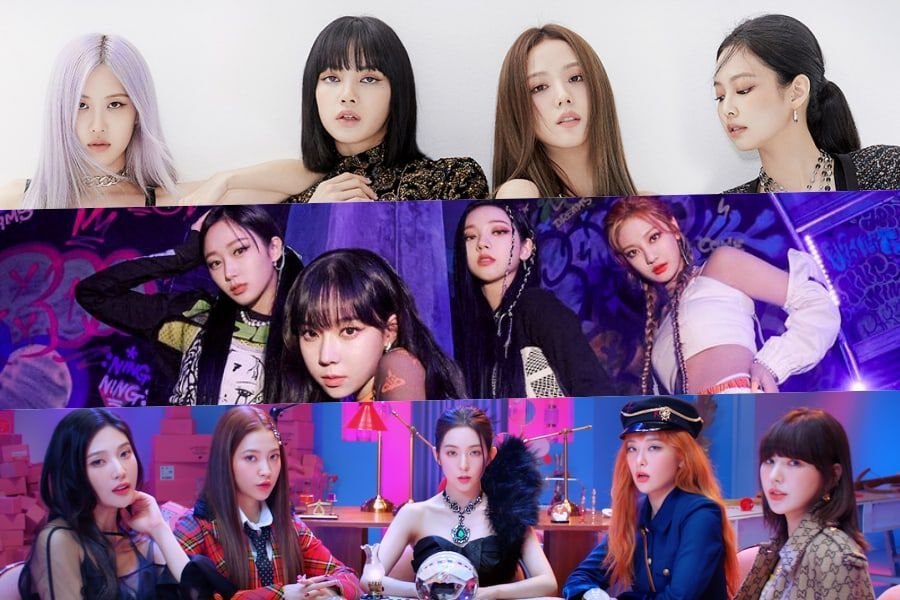
There is transparency in leading brands wanting to collude with the K-Pop industry and several artists that pop up from it. This transparency lies in the fact that K-Pop has enormous marketing potential because of its vast followers and admirers.
Thus, the industry players see a pathway for utilizing this advantage to speed up sales or to generate currency, which may not necessarily be in the format of money but also a way to increase awareness and publicity for that brand, depending upon the nature of the brand.
As rightly pointed out by White Rivers’ Co-Founder and CCO, Mitesh Kothari, “If there is one genre that has gained considerable ground during the pandemic, it is K-Pop! K-Pop artists have a highly enthusiastic, loyal, and active fanbase. These fans portray a deeper level of engagement…the fans go to lengths to immerse themselves in K-Pop culture…”
The statement clearly reveals why K-Pop is such a force to be reckoned with. The entire industry is backed by hardcore fans who truly relish and appreciate the idols for their work. This, in turn, serves as a sensible and profitable advantage for leading brands or industry players who look for such elements to assist them in the generation of sales and dispersal of significant content or implications.
Read More: October: Breast Cancer Awareness Month







